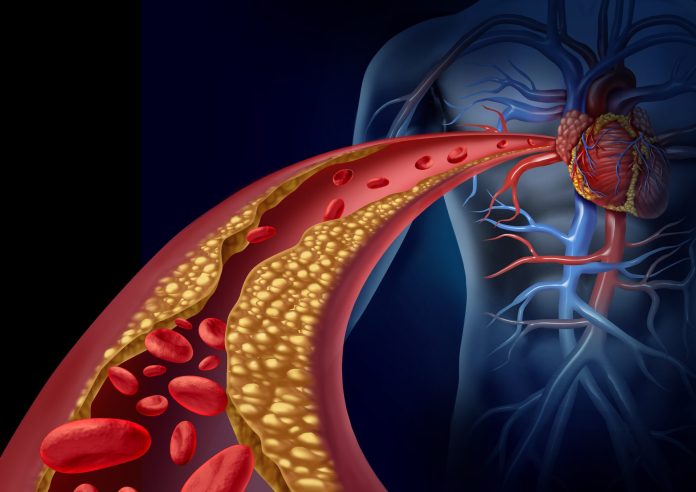Story continues below Advertisement
Obesity is a complex health issue characterised by an excessive amount of body fat. It is not merely a cosmetic concern but a medical condition that increases the risk of various chronic diseases. Understanding the pathways through which obesity contributes to other health issues is crucial for both prevention and management.
Cardiovascular diseases
Story continues below Advertisement
Obesity is a significant risk factor for cardiovascular diseases (CVD), including coronary artery disease, hypertension, and stroke, says Dr Vigyan Mishra, chief of lab- Neuberg Diagnostics, Noida. He says that excess body fat, particularly around the abdomen, can lead to an increase in blood pressure and cholesterol levels. These changes promote the buildup of plaque in the arteries, a condition known as atherosclerosis, which can result in heart attacks and strokes.
Type 2 diabetes
The relationship between obesity and type 2 diabetes is well-documented. Obesity can cause insulin resistance, a condition where the body’s cells do not respond effectively to insulin. This resistance leads to higher blood glucose levels and eventually to type 2 diabetes. Moreover, the chronic inflammation associated with obesity exacerbates insulin resistance, says Dr Mishra.
Story continues below Advertisement
Joint problems
Obesity significantly increases the load on weight-bearing joints, such as the knees and hips. This excess weight accelerates the wear and tear of joint cartilage, leading to osteoarthritis. Obesity-induced inflammation also contributes to the degradation of joint tissues, further compounding joint pain and mobility issues.
Respiratory issues
Story continues below Advertisement
Excess body fat, especially in the abdominal area, can restrict lung expansion and lead to respiratory problems such as sleep apnea and obesity hypoventilation syndrome (OHS). Sleep apnea, characterised by repeated interruptions in breathing during sleep, is particularly prevalent among obese individuals and can lead to severe cardiovascular and metabolic complications if untreated.
Liver diseases
Non-alcoholic fatty liver disease (NAFLD) is commonly associated with obesity. Excess fat storage in the liver can cause inflammation and damage, progressing to more severe conditions like non-alcoholic steatohepatitis (NASH) and cirrhosis. NAFLD is a major risk factor for liver cancer as well, says Dr Mishra.









